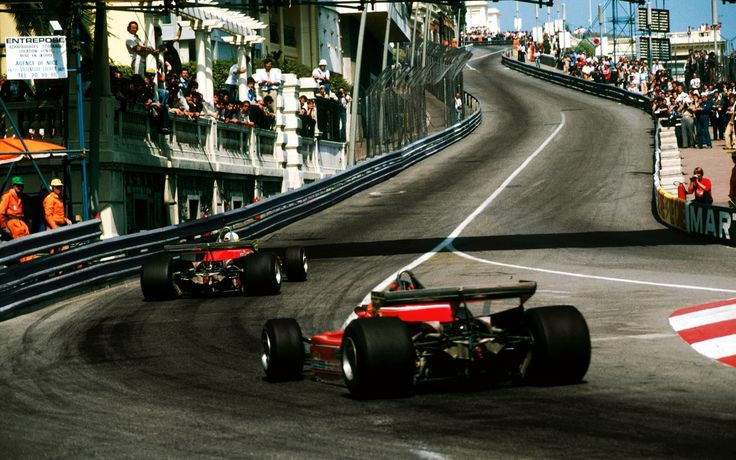Flavio Briatore is back in the Formula 1 paddock. Once a divisive but undeniably successful figure in the sport, his return to the Alpine F1 Team in 2024 has turned heads and sparked debate. With a past steeped in both championship glory and scandal, Briatore’s new role as Executive Advisor could represent either a brilliant strategic masterstroke or a reputational risk for Renault’s F1 outfit. Here’s a look at his turbulent F1 history and what his second act could mean for Alpine’s future.
From Benetton to Renault: The rise of a maverick
Briatore first entered F1 in the late 1980s and made his name by turning Benetton into a championship-winning team. Under his leadership, Benetton secured the Drivers' Championship in 1994 with Michael Schumacher, and both the Drivers' and Constructors’ Championships in 1995.
After a brief exit, Briatore returned with Renault and once again found success, guiding the team and Fernando Alonso to back-to-back world titles in 2005 and 2006. Known for his charisma and sharp business sense, he became one of the most influential non-technical figures in the sport.
Crashgate and the FIA ban
Briatore’s career took a dramatic turn in 2009 following the notorious Crashgate scandal. During the 2008 Singapore Grand Prix, Nelson Piquet Jr. crashed deliberately under orders—allegedly from Briatore and engineer Pat Symonds—to benefit teammate Fernando Alonso.
The fallout was swift: Briatore was handed a lifetime ban from FIA-sanctioned events. Though he successfully appealed the decision in a French court in 2010, the scandal cast a long shadow over his legacy and led many to believe his F1 days were over for good.
The unexpected return to Alpine
In June 2024, Alpine—formerly Renault—announced Briatore's return as Executive Advisor to Renault Group CEO Luca de Meo. The official statement clarified that he would focus on high-level strategic areas including driver recruitment and organizational assessment.
Following the abrupt resignation of team principal Oliver Oakes earlier this week, Briatore has taken on many of his day-to-day responsibilities, although he retains the title of advisor. Alpine credits him with helping the team climb to 6th in the Constructors’ standings in 2024 and setting bold ambitions for podium finishes by 2026 and title contention by 2027.
Strategic vision and commercial power
Briatore brings undeniable strategic flair. He’s already restructured parts of Alpine’s leadership and taken a hands-on approach with driver selection—dropping Jack Doohan in favor of reserve driver Franco Colapinto, a move that reportedly triggered Oakes’s departure.
He’s also been instrumental in securing commercial deals. One high-profile success: bringing Italian energy giant Eni back to the team as its official fuel and energy partner. His influence is clearly being felt both on and off the track.
Alpine’s leadership, including team principal Bruno Famin, sees Briatore as a catalyst for growth, with access to a powerful network and the kind of insider knowledge that could turn Alpine into a real contender.
Management style: forceful, effective, or both?
Briatore’s management style has always been polarizing. He’s famously demanding and decisive, willing to make tough calls at the expense of continuity or sentiment. Some compare his role at Alpine to that of Helmut Marko at Red Bull—a backroom power player who reshapes teams in his image.
He insists his style is rooted in fairness and transparency, and believes building strong foundations is the key to success. But his track record shows a willingness to be ruthless when needed, which could either streamline Alpine's trajectory—or destabilize it.
Controversy still looms
While Alpine is banking on his expertise, the specter of Crashgate hasn’t disappeared. Many fans and pundits remain skeptical, noting that his appointment would’ve been “unthinkable” just a few years ago. And while current leadership says they’re focused on the future, any misstep could reignite criticism and damage the team’s brand.
For now, the gamble appears to be paying off. But Briatore’s return remains a high-stakes move with a lot riding on Alpine’s performance over the next few seasons.
Flavio Briatore’s comeback is nothing short of dramatic—a return few predicted and even fewer expected to succeed. Yet, he’s already left a mark on Alpine’s strategy, structure, and sponsorships. If he can deliver results without rekindling the ghosts of his past, Alpine may find themselves exactly where they want to be: further towards the front of the grid.



